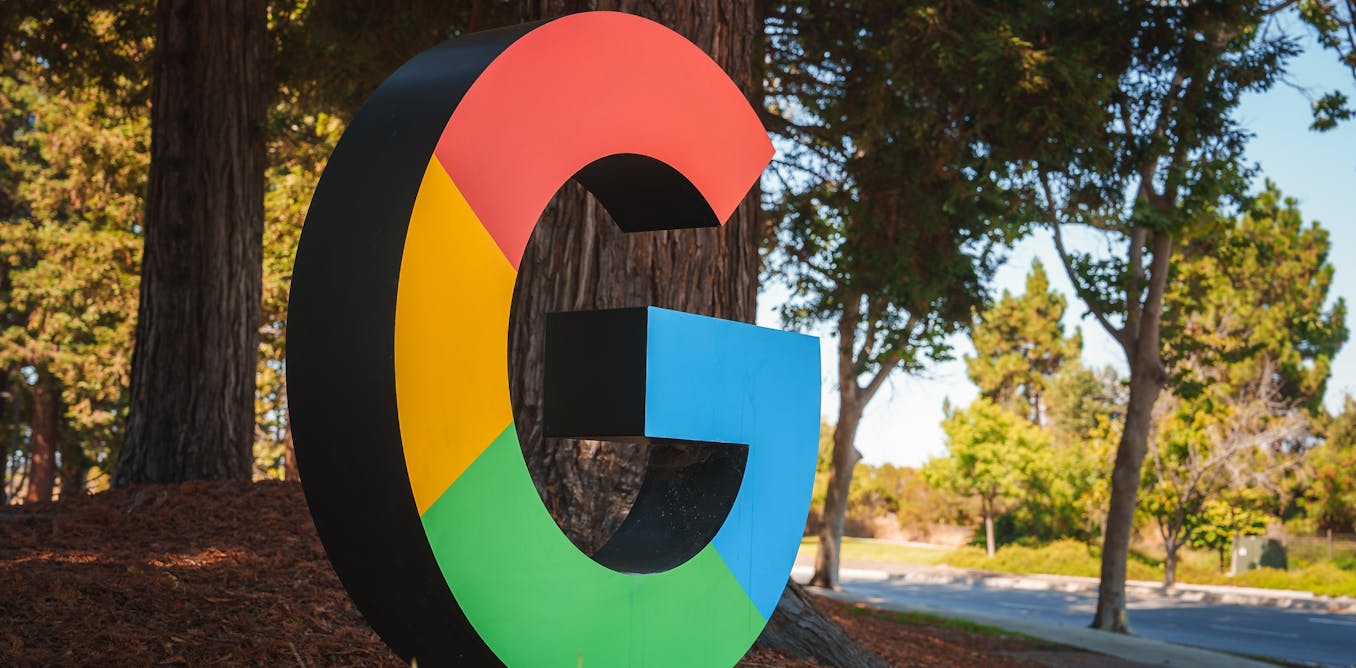
"Alphabet's meteoric rise since its founding in 1998 has involved both internal growth and strategic acquisitions, establishing it as a leader in various digital markets."
"Antitrust agencies are increasingly scrutinizing Google for potential anti-competitive practices, with the European Commission previously fining the company over â¬8 billion for abusing its dominant market position."
"Alphabet has acquired at least 267 companies, including notable names like Android and YouTube, fueling its expansion and influence in technology sectors."
"Despite its dominance, the legality of Google's market position is under examination, raising questions about the methods used to maintain its competitive edge."
Since its launch in 1998, Google has evolved into Alphabet, a leading technology conglomerate by means of organic growth and strategic acquisitions like YouTube and Android. Google now dominates many digital markets, including search and online advertising, holding a formidable 78% global market share in search. However, this success has attracted the ire of antitrust regulators, particularly in the EU, where Google has faced over â¬8 billion in fines for anti-competitive behavior, with ongoing investigations suggesting further scrutiny and potential restructuring in its advertising sector.
Read at The Conversation
Unable to calculate read time
Collection
[
|
...
]